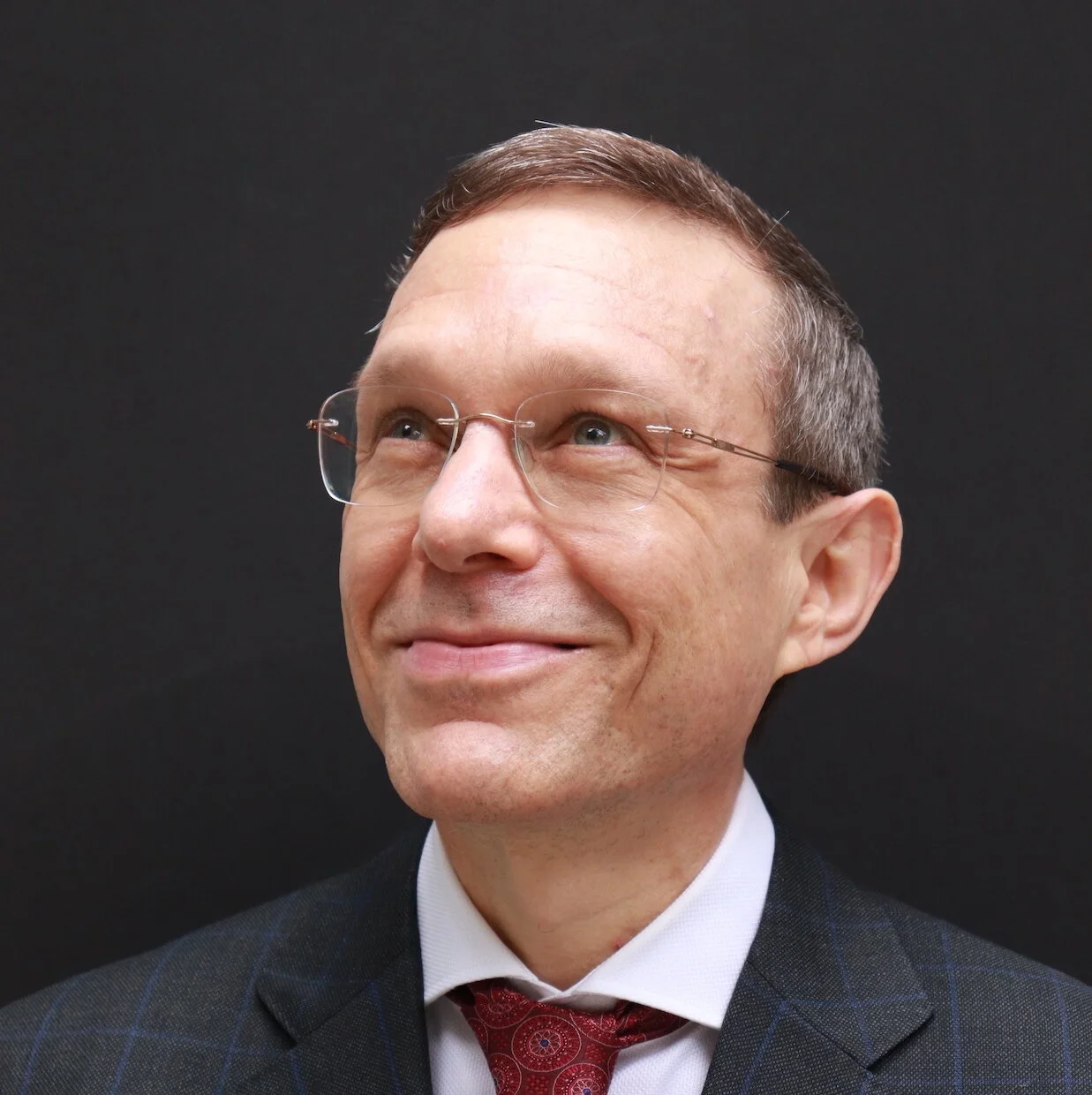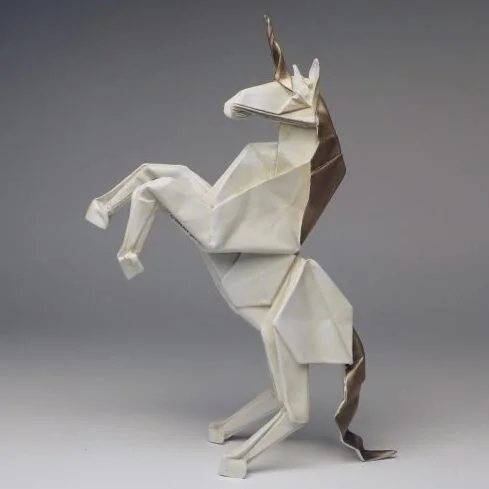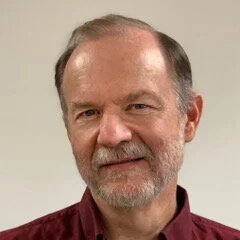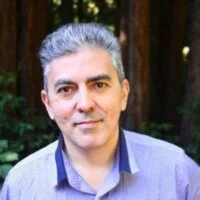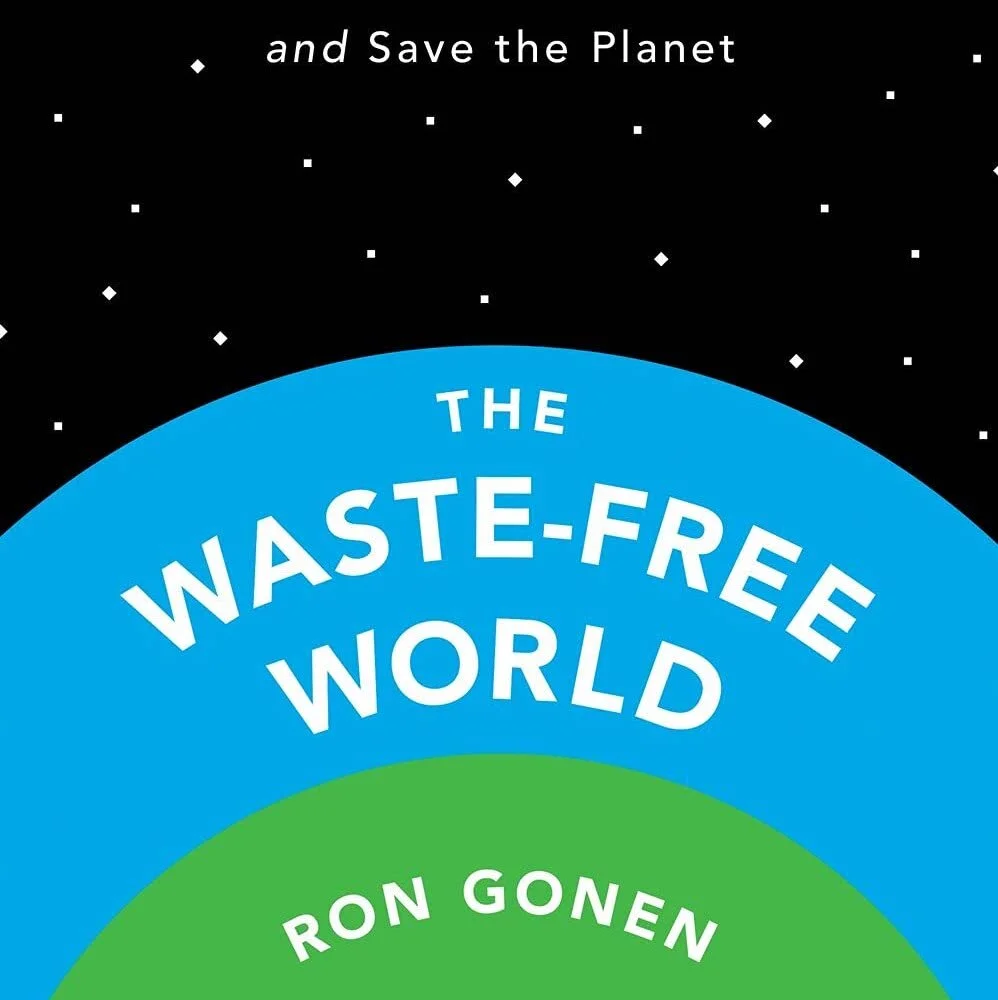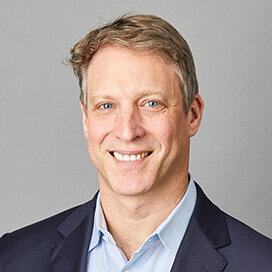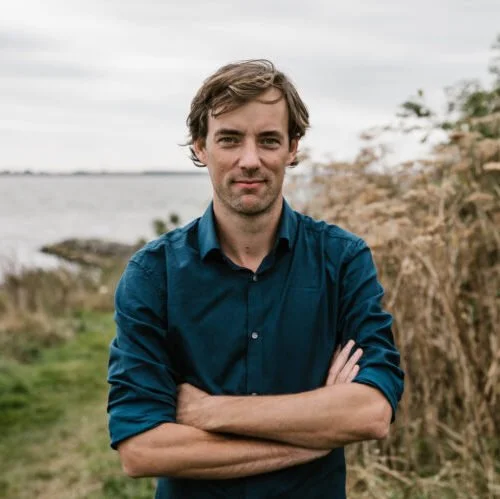IBRAHIM ALHUSSEINI
/Ibrahim AlHusseini was born in Jordan and raised in Saudi Arabia by parents who are Palestinian refugees. He emigrated to the United States in the 1990s to attend college at the University of Washington and he currently resides in Los Angeles.
AlHusseini is a venture capitalist, sustainability-focused entrepreneur, and environmentalist. He is the founder and CEO of FullCycle, an investment company accelerating the deployment of climate-restoring technologies. AlHusseini is also the founder and managing partner of The Husseini Group.
This interview was conducted by Mia Funk, Justin Hayes & Daniel Soroudi with the participation of collaborating universities and students. Associate Interviews Producer on this podcast was Daniel Soroudi. Digital Media Coordinator is Hannah Story Brown.
Mia Funk is an artist, interviewer and founder of The Creative Process.









